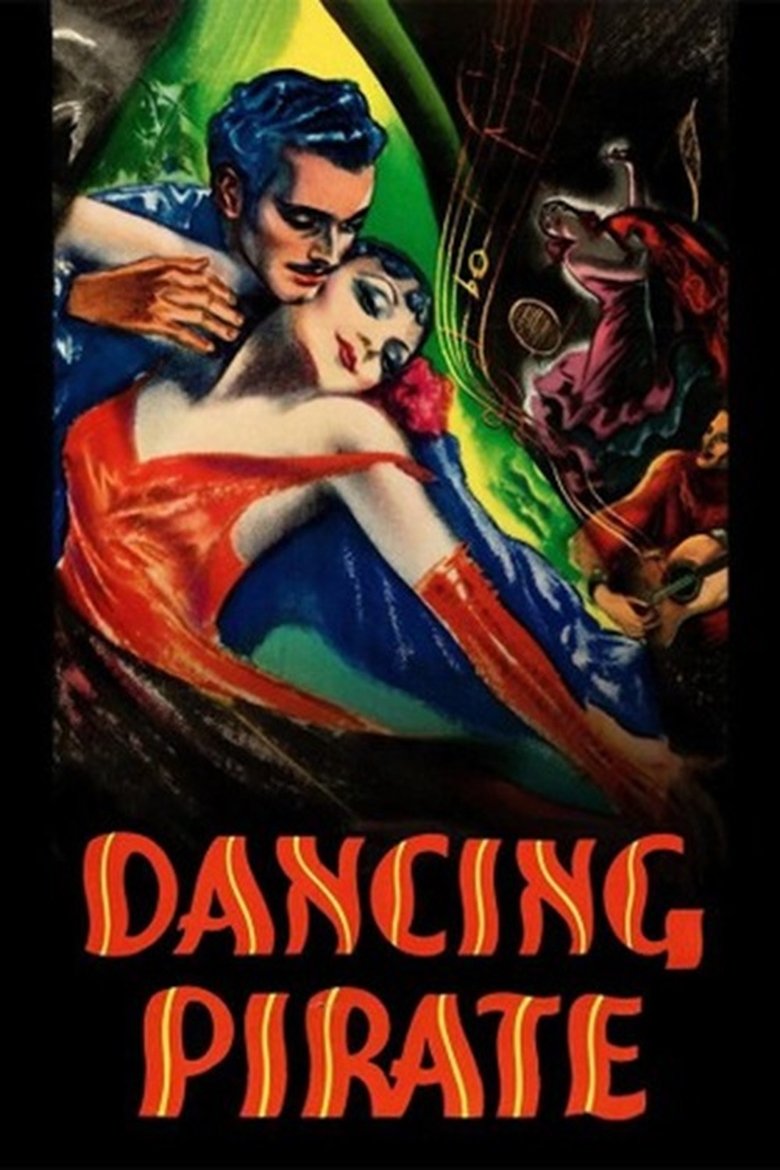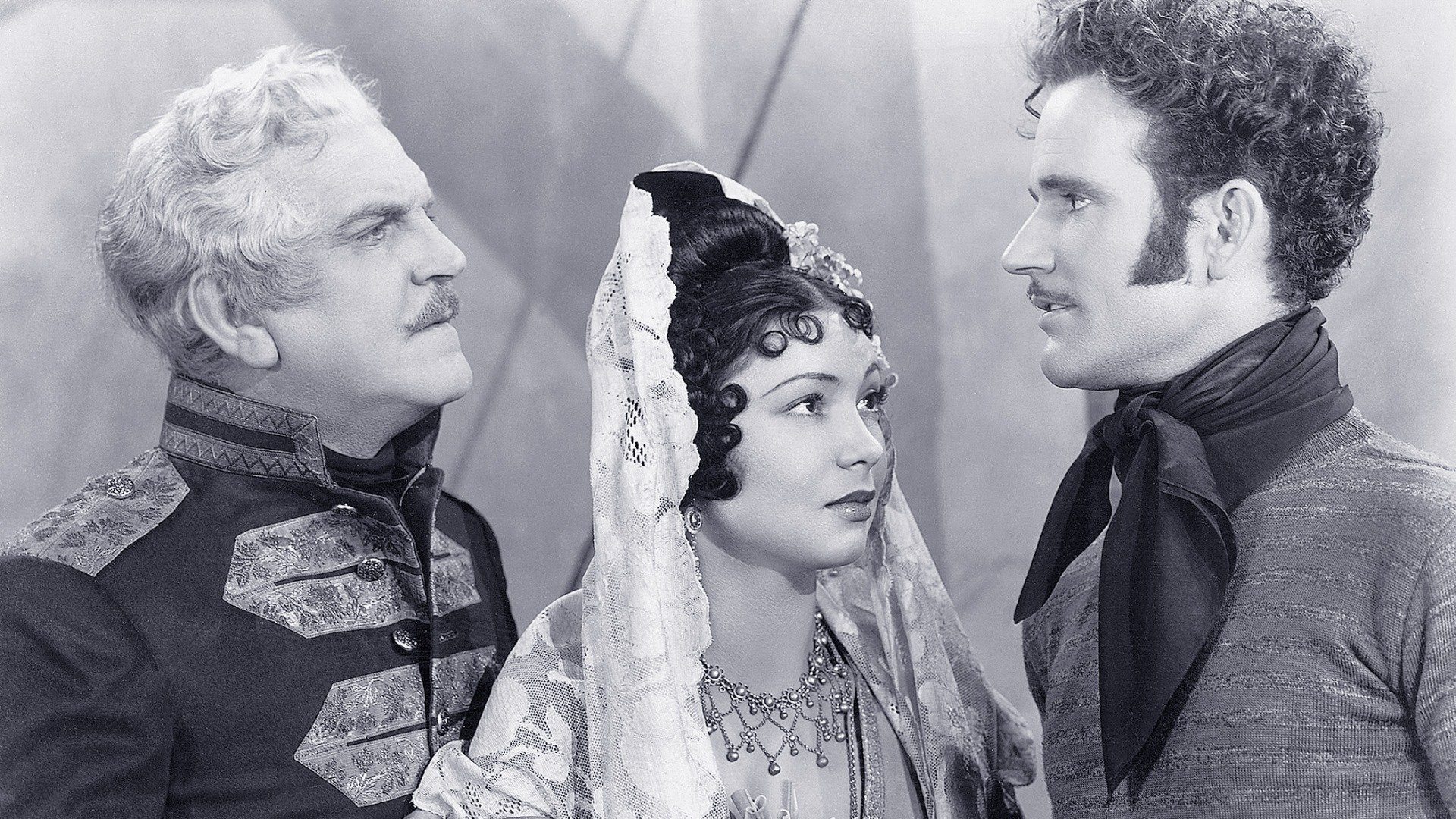
Dancing Pirate
Jonathan Pride is a mild-mannered dance instructor in 1820 Boston. En route to visit relatives, Jonathan is shanghaied by a band of zany pirates and forced to work as a galley boy. When the pirate vessel arrives at the port of Las Palomas, Jonathan, clad in buccaneer's garb, makes his escape. Everyone in Las Palomas, including Governor Alcalde (Frank Morgan) and fetching senorita Serafina (Steffi Duna), assumes that Jonathan is the pirate chieftain, leading to a series of typical comic-opera complications.

CinemaSerf@Geronimo1967
I didn’t hold out much hope for the swashbuckling elements of this when it starts with “Pride” (Charles Collins) quite literally squeezed into a pair of trousers offering dancing lessons to the Bostonian elite. He makes a decent enough living, but decides to travel to visit his family and it’s en route he finds his ship captured by nasty pirates who care little for his samba-ing! It’s touch and go as to whether or not he might walk the plank until he manages to escape when the ship docks for victuals and some piratical R&R! Quite quickly, and in no way plausibly, the local Governor (Frank Morgan) mistakes him for the captain. Despite his protestations that he is merely a dance instructor, the Governor is about to start him dangling from the end of a rope when his daughter “Serafina” (Steffi Duna) decides that she wants him to teach her to waltz! The arrival of “Capt. Balthazar” (Victor Varconi) might put the cat amongst the pigeons for poor old “Pride”, though, as he is no fan of pirates - or dancing, so it might well be that the only hope for this man is those very men whom he was attempting to escape from in the first place? Hmmm. Despite the fact that Collins has none of the charisma of a Cornel Wilde or a Ronald Colman, I think he does fine in this colourful hybrid. Certainly the pirates are more likely of Penzance than Tortuga and I could have done with a bit more swordplay and a little less swirling, but Morgan is on reliable form and the film moves along at quite a pace. There are a couple of grand-scale set-piece musical numbers from the pens of Rodgers and Hart that don’t quite seep into the memory, but with some colourful flamboyance help keep this actually nowhere near as bad as the opening scenes might suggest. It’s not great, but it isn’t terrible.



